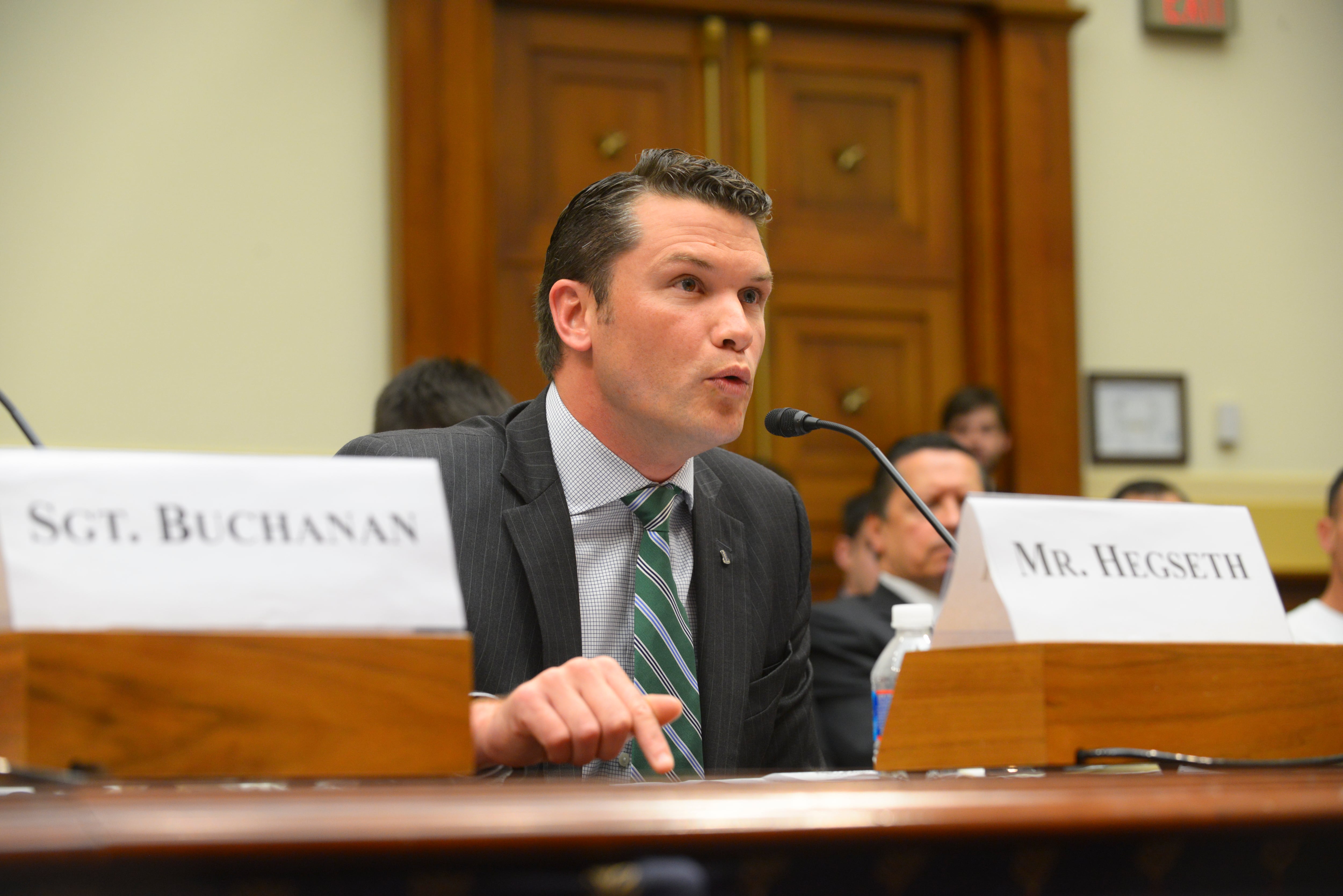This story was updated Nov. 19, 2021, at 11:13 a.m. EST to clarify the status of the policy proposal. It is still under review.
When Maj. Jenna Waites, an Air Force weather officer, was preparing for Army Command and General Staff College in Kansas earlier this year, the nursing mom faced a dilemma: how to feed her infant while she was away for 10 days.
Her solution was to ship a 45-pound case of breast milk — enough for 14 days — at a cost of nearly $500.
In fact, many military moms have to ship milk when they are on temporary duty because they don’t have enough at home to feed the baby while they are gone. The only way they can ensure it stays frozen is to express mail it.
But that cost “simply isn’t feasible for many new parents in the military,” Waites said in a Wednesday press release. “Back when I was a young second lieutenant, non-reimbursable shipments totaling hundreds of dollars would have been barely affordable to me.”
Support may come soon, thanks to a group of volunteers from the Department of the Air Force Women’s Initiative Team. The effort has also included representatives from across the Defense Department.
The team pushed to update military travel regulations so parents can be reimbursed for the cost of mailing breast milk while the mother is separated from her baby. The suggestion is under review by the committee that approves changes to the Pentagon’s Joint Travel Regulations, with a decision slated for January 2022, according to Maj. Samantha Sliney, a member of the Air Force’s women’s policy group.
The move would be an upgrade from the current rules, which offer nursing parents a safe place to pump and store their breast milk, and cover the costs of a breast pump and other nursing supplies for up to three years after a child is born.
Military regulations do allow for a limited number of “special needs” accommodations, including potential reimbursement for the cost of shipping milk home to a baby, Sliney noted.
“However, despite the ability to provide this limited support, there is discriminate and disparate application across the services, with some services believing that lactation is not a ‘special need,’ refusing to provide this support to its service members and federal civilians,” she wrote.
On average, nearly one-fifth of all active duty airmen leave on temporary duty orders within a year after their baby is born, according to the Women’s Initiative Team. Female officers have also cited the stress of trying to consistently nurse their child while balancing their career as a reason why they left the military.
Stopping breastfeeding altogether can take a mental and emotional toll on new parents, and can lead to higher incidences of certain health conditions like cancer and diabetes. Paying for formula or shipping breast milk each have their own costs, too.
“With a formal amendment of the [Joint Travel Regulations], new parents who are stressing about how they’re going to successfully feed their child while on official orders can remove the financial costs from their list of worries,” said Waites, whose LinkedIn page shows she has been at Fort Leavenworth since June. “For many parents, breastfeeding is the most cost-effective and healthy way to feed their child, but this assumes mom and baby are never separated.”
Breast milk delivery reimbursement is the latest in a string of updates aimed at improving quality of life for military parents, particularly women. Female airmen comprise about 20 percent of uniformed service members in the Air Force.
Other changes include increasing maternity leave to 12 weeks and waiting one year postpartum before requiring a new mother to deploy or take a physical fitness test. New moms also have 12 months after giving birth to decide whether to leave the Air Force. The service now requires that nursing mothers have access to a refrigerator at work to store breast milk, and private, lockable lactation areas with hot and cold water and electrical outlets, too.
“Many women choose to continue breastfeeding after they return to work,” said Christy Nolta, the deputy assistant secretary of the Air Force for reserve affairs and airman readiness, in a news release last year. “We should do what we can to support that choice, making it easier for nursing moms to continue to serve. Changes like these contribute to readiness and improve quality of life for our service members and their families.”
Rachel Cohen is the editor of Air Force Times. She joined the publication as its senior reporter in March 2021. Her work has appeared in the Washington Post, the Frederick News-Post (Md.), Air and Space Forces Magazine, Inside Defense, Inside Health Policy and elsewhere.





